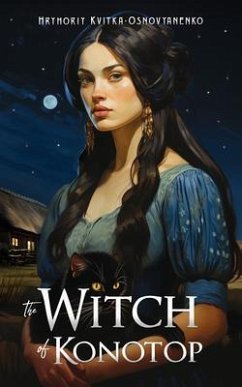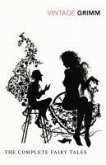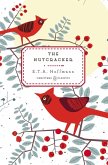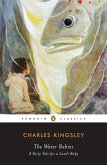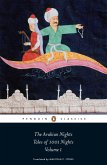The Witch of Konotop (written in 1833 and published in 1836-37) is a beloved, classic Ukrainian comic novella that is little known outside of Ukraine. Part of the reason for this has been the difficulty in translating its complex stylistic levels that range from archaic Old Church Slavonic to colorful, colloquial Ukrainian. It shares several stylistic similarities to Mykola Hohol's (aka Nikolai Gogol's) Ukrainian horror tales in Evenings on a Farm Near Dikanka (1833). These include a folksy, rambling narrator; comical situations with moral lessons; insignificant detail; ironic asides; as well as a thematic focus on Ukrainian folk belief in witches and demons.
Dieser Download kann aus rechtlichen Gründen nur mit Rechnungsadresse in A, D ausgeliefert werden.

